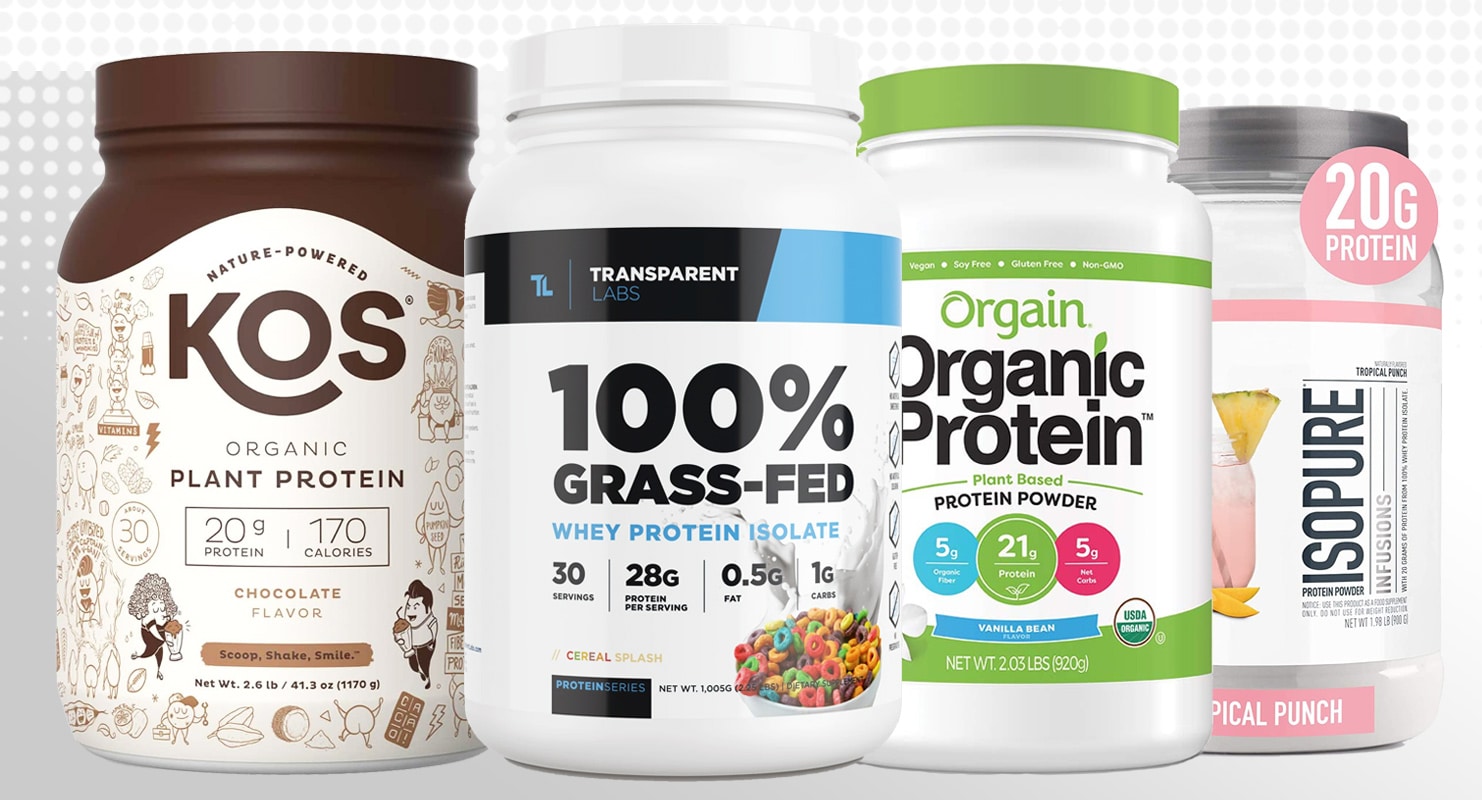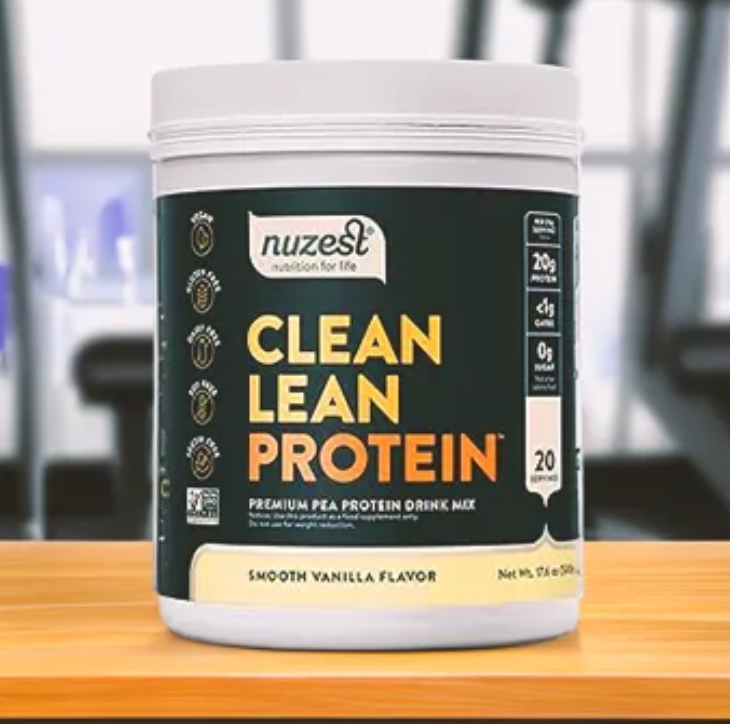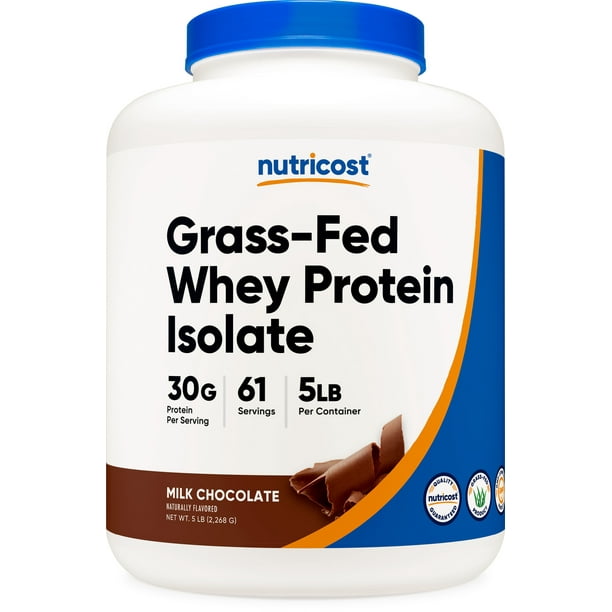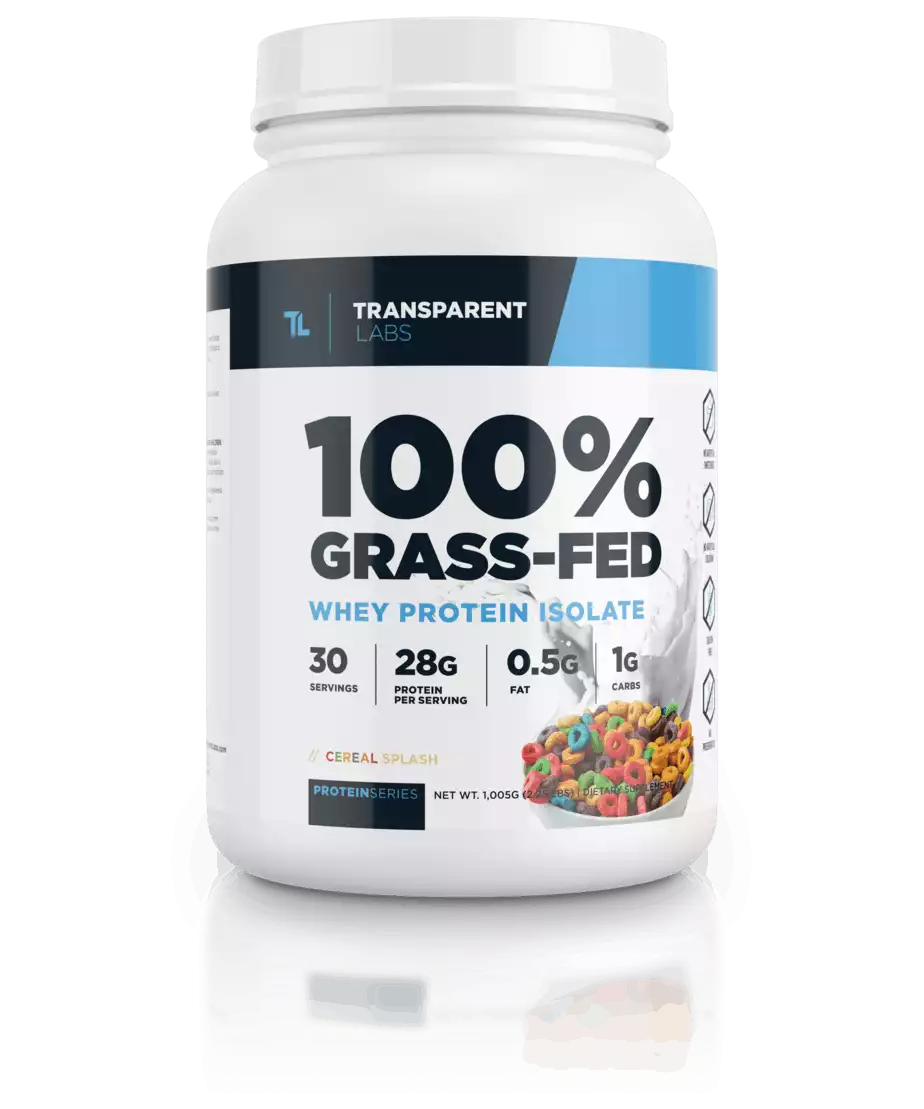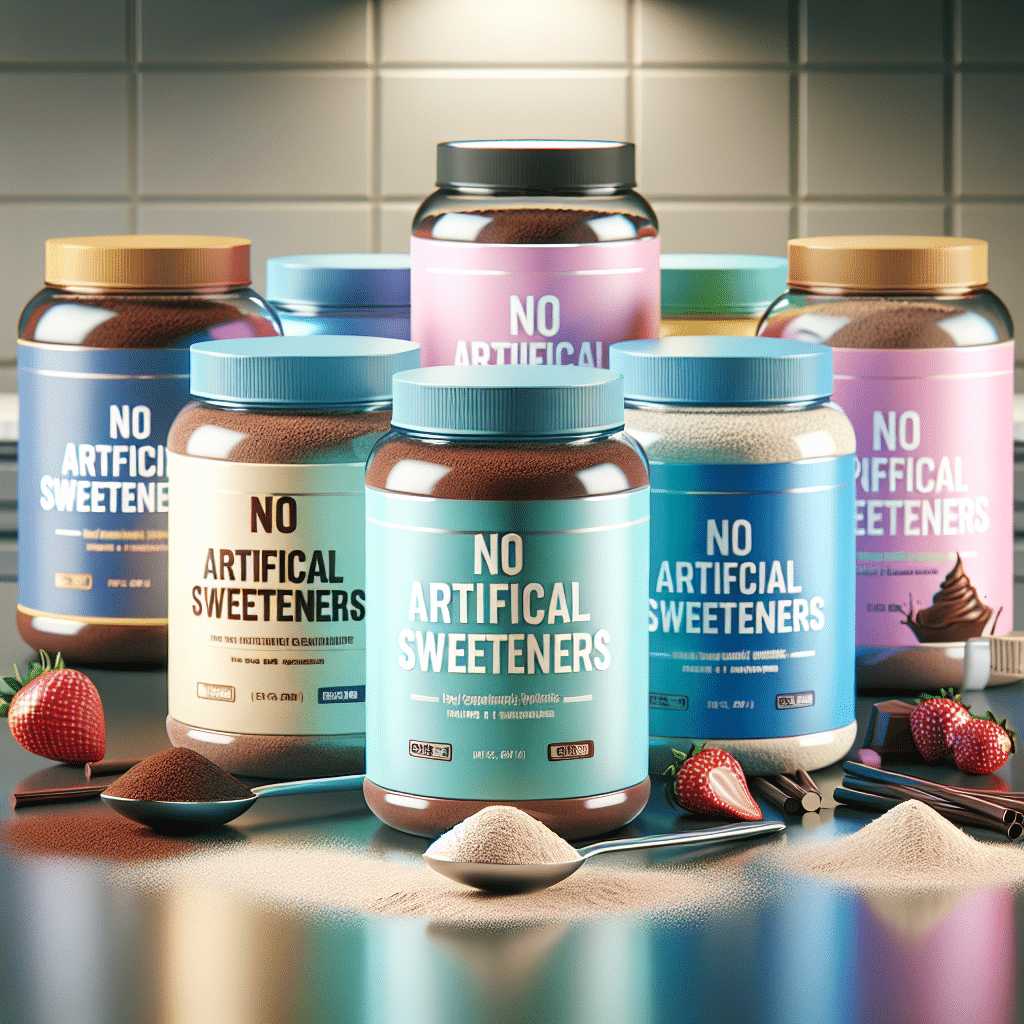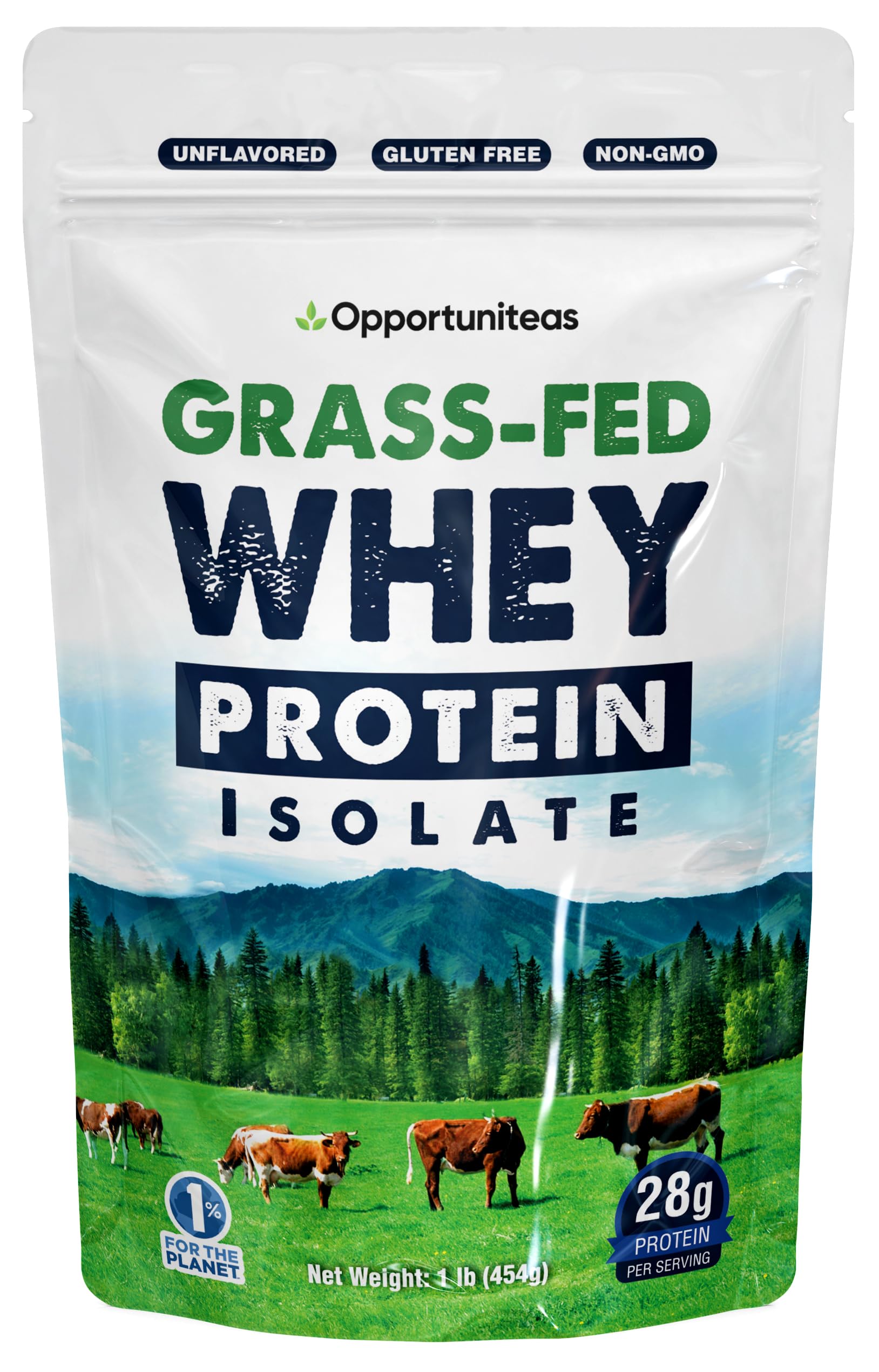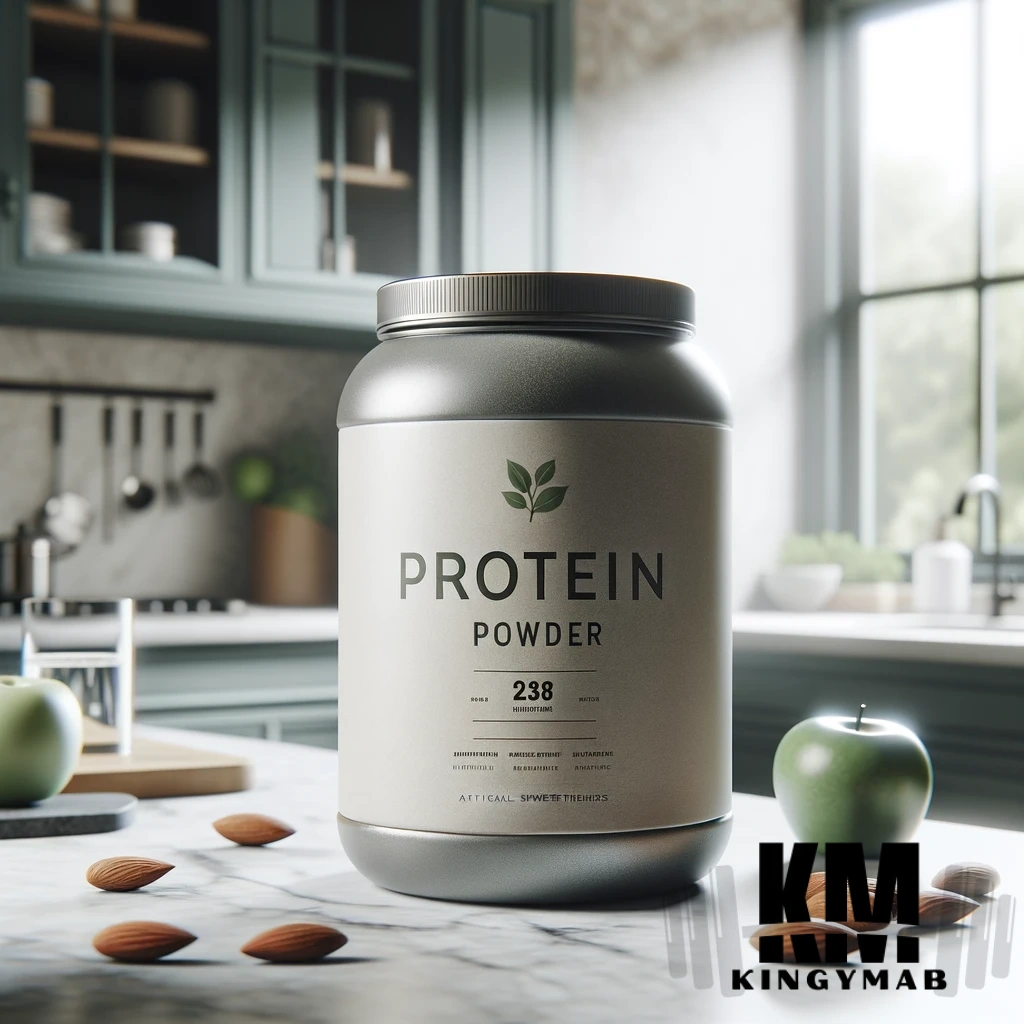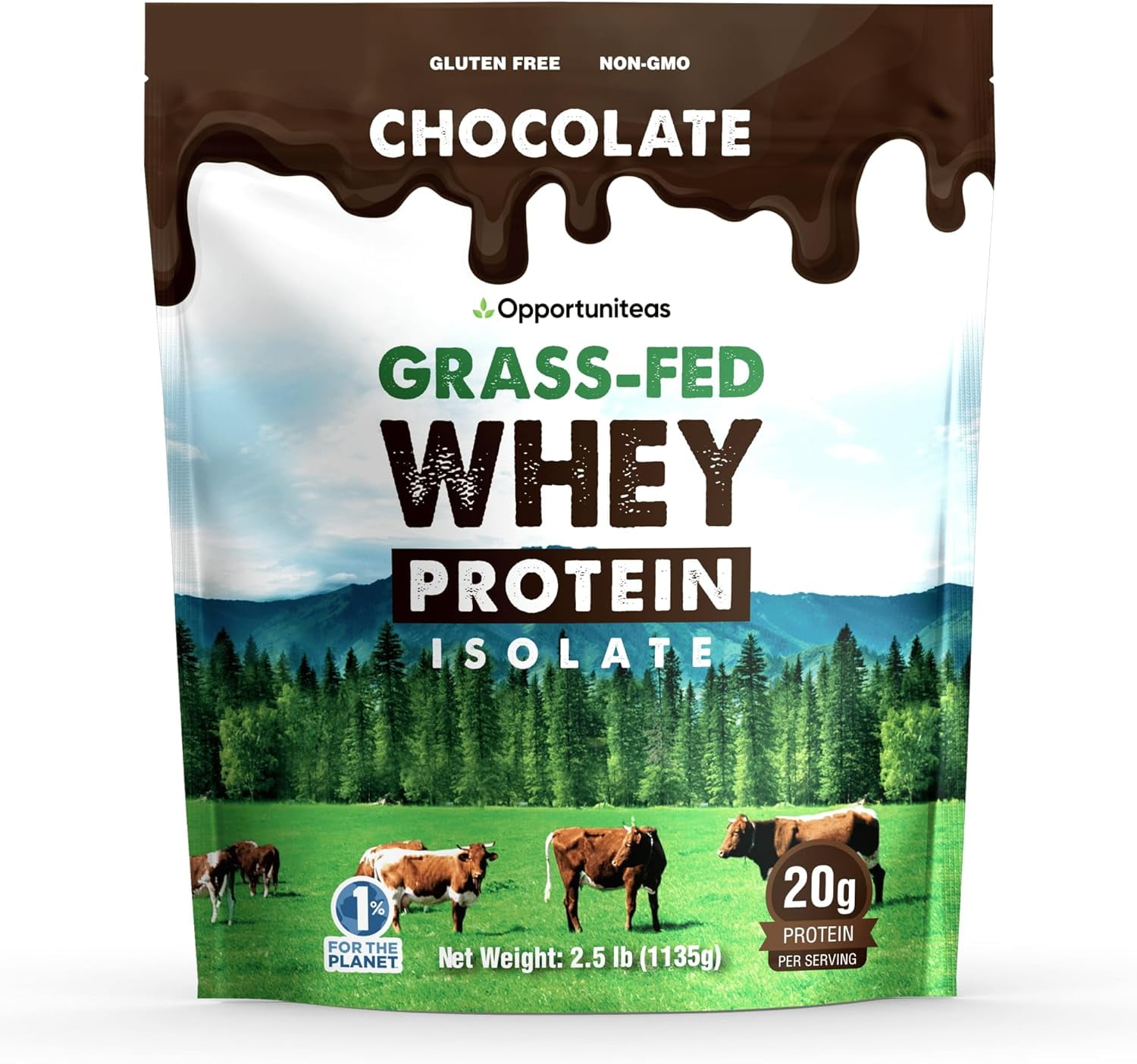Protein Powder Without Stevia Or Artificial Sweeteners

For years, the protein powder market has been dominated by formulations packed with artificial sweeteners like sucralose and aspartame, or the natural but often polarizing stevia. Consumers, increasingly wary of these additives and their potential health implications, are driving a surge in demand for protein powders that are genuinely clean – free from both artificial and stevia sweeteners.
This burgeoning demand is forcing manufacturers to innovate and re-evaluate their formulations. The challenge lies in creating palatable and effective protein supplements without relying on these commonly used sweeteners. This article will delve into the driving forces behind this trend, examine the available alternatives, and explore the potential future of sweetener-free protein powders.
The Sweetener Dilemma
The primary reason for the widespread use of sweeteners in protein powders is simple: palatability. Plain protein, especially whey protein isolate or casein, often has a bland or even slightly bitter taste that many consumers find unappealing.
Sweeteners mask this inherent flavor, making the product more enjoyable to consume. Stevia, a natural sweetener derived from the stevia plant, became a popular alternative to artificial options. It's touted as a natural, zero-calorie option.
However, stevia has a distinct aftertaste that many find objectionable. This has propelled the search for protein powders without any added sweeteners.
Driving Forces Behind the Demand
Several factors contribute to the growing demand for protein powders free from artificial sweeteners and stevia. A significant driver is the increasing awareness of the potential health risks associated with these additives.
Some studies suggest that artificial sweeteners may disrupt gut microbiota, leading to digestive issues and potentially contributing to metabolic disorders (reference: Journal of the Academy of Nutrition and Dietetics). Concerns about the long-term effects of stevia on gut health and hormone regulation also persist among some consumers.
Furthermore, many individuals simply prefer a cleaner, more natural product. They are willing to sacrifice some sweetness for the peace of mind that comes with knowing they are not consuming potentially harmful additives.
Sweetener Alternatives and Formulation Strategies
Formulating protein powder without sweeteners requires innovative approaches. Manufacturers are exploring several alternatives, often in combination, to achieve a palatable and effective product.
Flavor Masking Agents
These ingredients work by neutralizing the bitter or unpleasant flavors inherent in protein powders. Examples include sodium chloride, citric acid, and certain amino acids.
They don't add sweetness but can significantly improve the overall taste profile. However, the effectiveness of flavor masking agents varies depending on the type of protein used and individual taste preferences.
Natural Flavors and Extracts
Adding natural flavors like vanilla, chocolate, or fruit extracts can enhance the taste of protein powder without relying on sweeteners. Manufacturers often use concentrated extracts or powders to provide a more intense flavor.
It is essential to check the ingredient list carefully. Some "natural flavors" may still contain small amounts of sweeteners or other additives.
Blending Protein Sources
Combining different protein sources, such as whey, casein, and plant-based proteins, can also improve the taste. Some protein sources have a naturally sweeter or milder flavor than others.
For instance, brown rice protein often has a slightly sweet taste compared to whey protein isolate. Blending different protein types can lead to a more balanced and palatable product.
Focus on High-Quality Protein
Using high-quality protein that undergoes minimal processing can also improve the taste. Over-processed protein can develop bitter or off-flavors. Manufacturers are increasingly focusing on sourcing premium protein isolates that are naturally more palatable.
Consumer Perspectives and Expert Opinions
Consumer feedback is critical in shaping the development of sweetener-free protein powders. Many consumers report feeling healthier and experiencing fewer digestive issues when switching to products without artificial sweeteners or stevia.
However, some individuals find the taste of unsweetened protein powders unappealing and struggle to consume them consistently. This highlights the importance of finding a product that aligns with individual taste preferences.
According to registered dietitian Sarah Jones, "While sweeteners are generally considered safe in moderation, some individuals are more sensitive to their effects. Choosing a sweetener-free option allows for greater control over one's diet and minimizes the potential for adverse reactions."
The Future of Sweetener-Free Protein
The trend toward sweetener-free protein powders is likely to continue as consumers become more health-conscious and demand cleaner products. Manufacturers will continue to innovate and refine their formulations to create palatable and effective options.
Advancements in flavor masking technology and the exploration of novel natural flavors will play a key role in this process. The development of plant-based protein sources with naturally appealing flavors could also drive further growth in the sweetener-free market.
Ultimately, the future of protein powder lies in offering consumers a wider range of choices that cater to their individual needs and preferences. Sweetener-free protein powders are poised to become a significant segment of this market, providing a healthier and more natural alternative for those seeking to optimize their nutrition and well-being.


